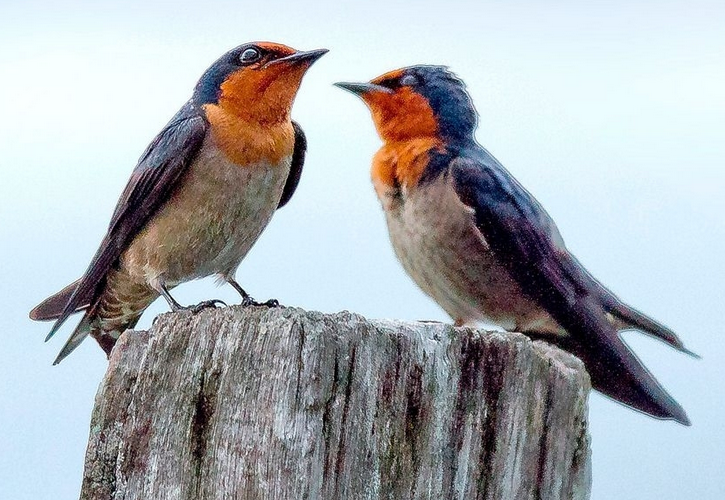(单词翻译:单击)
听力文本
They're cave swiftlets.
它们就是洞金丝燕
Like bats, they use echolocation to navigate.
和蝙蝠一样,它们也利用回声定位来导航
We need lights to see what's going on,
我们必须有光才能看清前方的路
but in the pitch black, the swiftlets manage unerringly to locate their individual nesting sites,
但是金丝燕却能在黑暗中准确无误地到达自己的筑巢点
which are only a few centimetres across.
而它们的巢窝相隔不过几厘米远
It's a remarkable skill and one we still do not fully understand.
我们至今仍未能完全了解这种了不起的本领
These birds are unusual for another reason.
这些鸟之所以特别还有另外一个原因
Their little cup-like nests are made entirely from threads of saliva.
它们小巧的杯状燕窝完全由唾液丝筑建

It takes more than 30 days to complete one.
每个燕窝得花上30多天才能完工
Their nests are very precious objects, and not only for the birds.
燕窝是非常珍贵的东西,不仅只是针对这些鸟而言
For 500 years, people have been harvesting the nests of cave swiftlets. It's a very risky business.
500年来,人们一直采集洞金丝燕的燕窝。这是一项非常危险的工作。
With virtually no safety equipment and using ladders made from forest vines,
事实上没有任何安全措施,采集者利用树藤编成的梯子
the gatherers climb into the highest reaches of the cave, often more than 60 metres from the floor.
爬到洞穴的最高处,通常高出地面60多米。
The work may be hazardous in the extreme, but the rewards are great.
这项工作看起来极度危险,但却能得到丰厚的回报。
视频及简介
洞穴是不受阳光控制的生物栖息地之一,但这并不意味着那里就不存在野生生物。本集节目将深入洞穴内神秘而永恒的黑暗,探索山洞、洞穴和隧洞中未知的地下世界。


